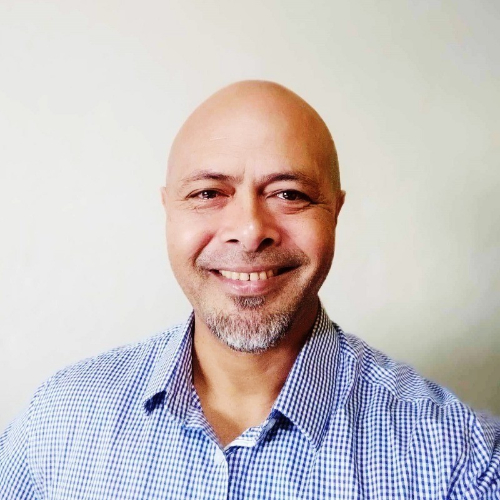214 reads
The Pacific Needs Blockchain - Three Projects Proving I Was Right
by
November 17th, 2025
Audio Presented by

Humanitarian | Founder | Chairman | CEO | Blockchain & Transformation Engineer
Story's Credibility



About Author
Humanitarian | Founder | Chairman | CEO | Blockchain & Transformation Engineer
